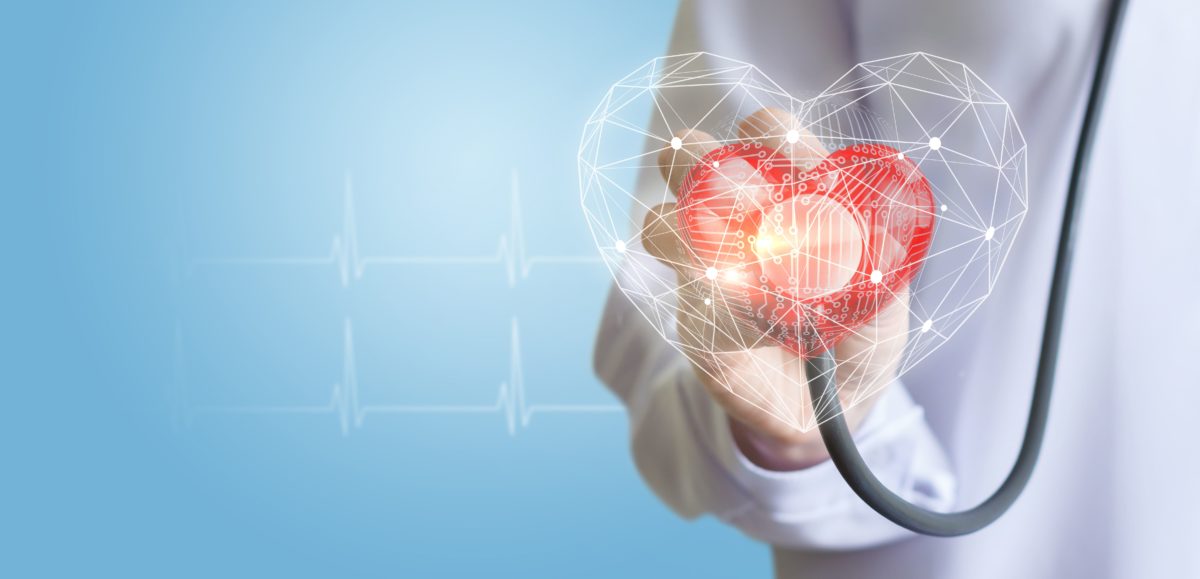
Find the Best Cardiac Electrophysiologist in Islamabad for Your Heart Rhythm
That unsettling flutter in your chest, the unexplained dizziness, the feeling of a racing heart—these are more than just momentary concerns. They are signals from your heart that demand expert attention. It's time to stop worrying and start finding a real solution.
At PAF Hospital, we provide definitive answers and world-class care for all heart rhythm disorders. We are home to a team dedicated to restoring your heart's natural beat, so you can live your life without fear or limitation.
Your Search for the Best Electrophysiologist in Islamabad Ends Here
When it comes to the complex electrical system of your heart, you cannot settle for anything less than a true specialist. An electrophysiologist (EP) is a cardiologist with elite-level training focused exclusively on diagnosing and curing heart rhythm problems. Choosing the right one is the single most important decision you can make for your health.
PAF Hospital has streamlined this choice for you. We have built a center of excellence around a leading expert in the field, combining unmatched skill with the most advanced technology to deliver superior outcomes.
Why PAF Hospital Has the Best Cardiac Electrophysiologist in Islamabad
Our reputation is built on results. Patients and referring physicians choose us because we provide a clear advantage in cardiac care.
1. Unrivaled Expertise and Proven Success
Our program is led by a top-tier specialist recognized as the best cardiac electrophysiologist in Islamabad. With a proven track record of successfully treating even the most complex arrhythmias, our expert’s skill is your greatest asset. This level of specialization ensures you receive the most accurate diagnosis and the most effective treatment plan, a standard of care that also ranks our specialist as one of the best cardiologists in Islamabad.
2. Advanced Technology for Definitive Cures
We invest in cutting-edge diagnostic and treatment technology to give our patients the best. Our state-of-the-art electrophysiology lab includes 3D cardiac mapping and advanced catheter ablation systems. This technology allows us to:
- • Precisely locate the source of the arrhythmia.
- • Perform minimally invasive procedures with higher success rates.
- • Offer cures, not just management, for conditions like SVT and AFib, reducing or eliminating your need for medication.
3. A Direct Path to Lasting Relief
We provide a clear, efficient, and patient-focused journey to better health. From your first appointment, you will receive a comprehensive evaluation and a straightforward treatment strategy designed to restore your quality of life quickly and safely.
Latest Equipment and Technology for Superior Precision
The best experts demand the best tools. We have made a significant investment to equip our facility with the most advanced cardiac electrophysiology technology available. This isn't just about having new equipment; it's about providing you with safer, faster, and more effective treatments. Our state-of-the-art lab features:
- • Advanced 3D Cardiac Mapping: This system creates a high-definition, real-time GPS of your heart's electrical pathways. It allows our specialist to identify the precise source of an arrhythmia with pinpoint accuracy, leading to higher success rates for procedures like catheter ablation.
- • State-of-the-Art Catheter Ablation: We utilize the latest catheters to deliver targeted energy, correcting faulty circuits in the heart with minimal impact on surrounding tissue. This minimally invasive approach means less risk and a faster, more comfortable recovery for you.
- • The Sky Medics App: Your care shouldn’t stop when you leave the hospital. We offer the convenience of the Sky Medics app, giving you secure, instant access to your medical records, lab reports, and treatment plans right from your phone.
From your first appointment, you will receive a comprehensive evaluation and a straightforward treatment strategy from the region's best cardiologist electrophysiology team, designed to restore your quality of life.
Solutions for All Heart Rhythm Disorders
Don't let symptoms control your life. Our team provides expert, lasting solutions for a wide range of conditions. If you've been diagnosed with or are experiencing symptoms of the following, we can help:
- • Atrial Fibrillation (AFib)
- • Heart Palpitations or Fluttering
- • Supraventricular Tachycardia (SVT)
- • Unexplained Fainting (Syncope) & Dizziness
- • Slow Heartbeat (Bradycardia) requiring a Pacemaker
- • Risk of Sudden Cardiac Arrest requiring an ICD
Don't Wait. Secure Your Consultation Now.
An irregular heartbeat is a serious condition that can lead to complications like stroke or heart failure if left untreated. The time to act is now. Take the first and most important step towards a stable heart rhythm and a healthier future.
Book a priority consultation with the best electrophysiologist in Islamabad today.
📞 Call Us Now for an Immediate Appointment: 051-9564000
Take control of your heart health. Contact PAF Hospital's expert electrophysiology team today.
